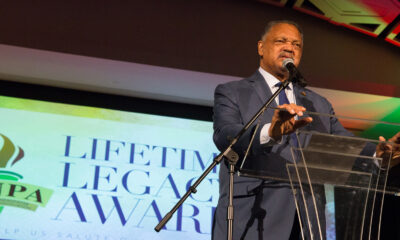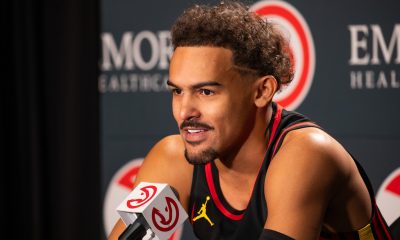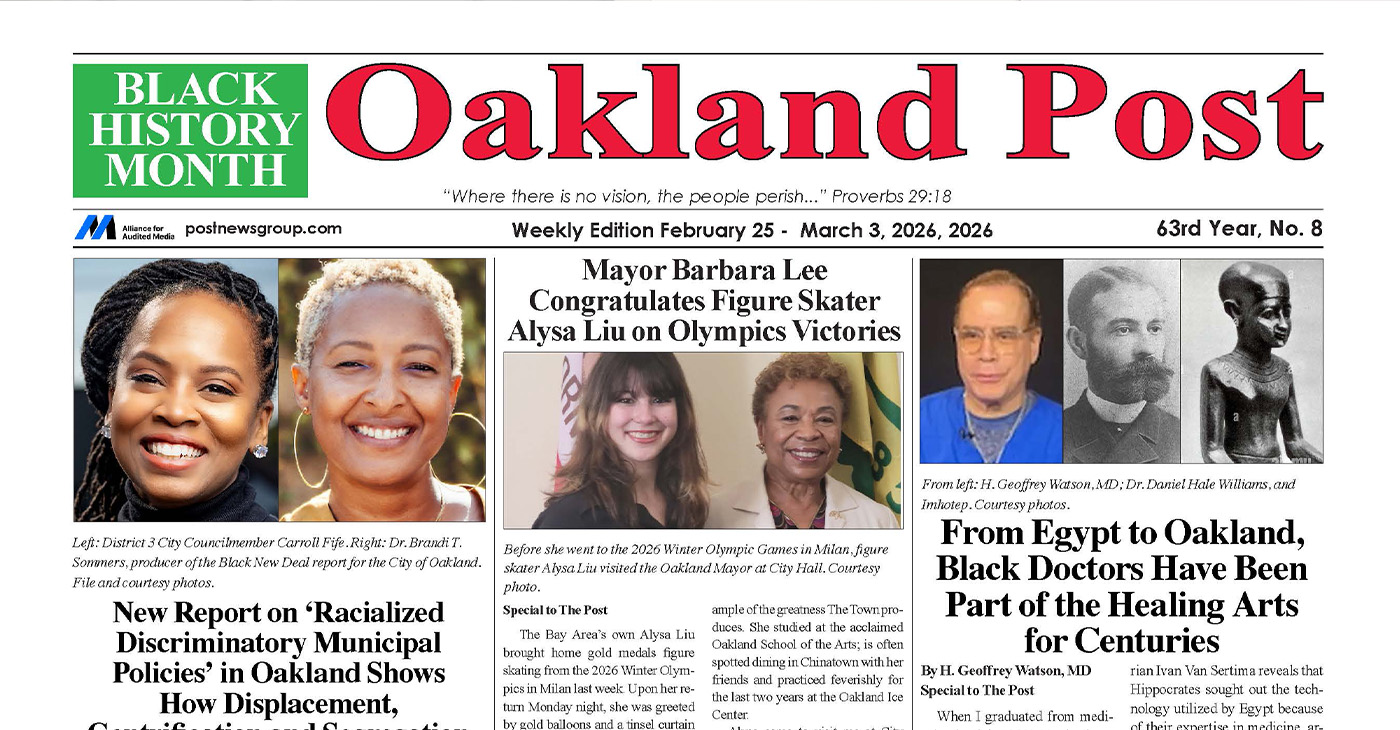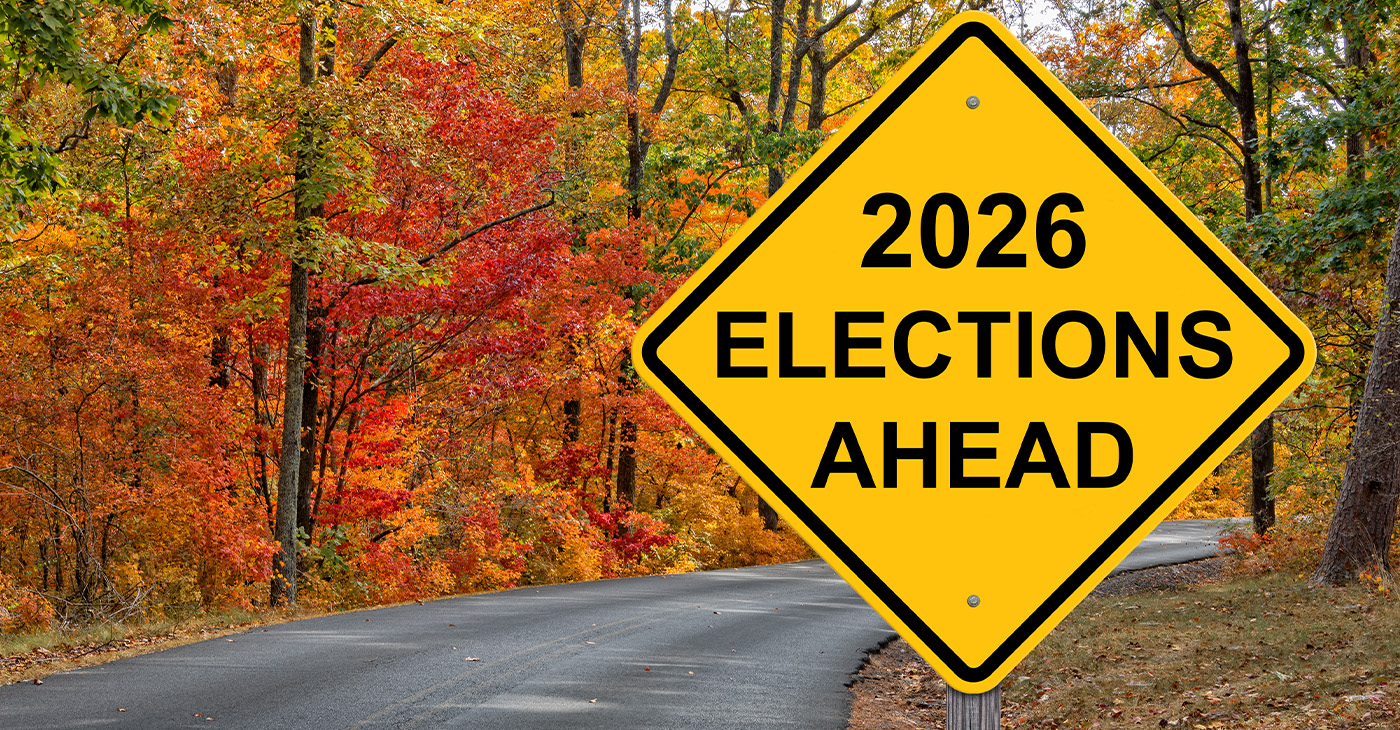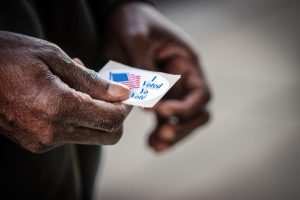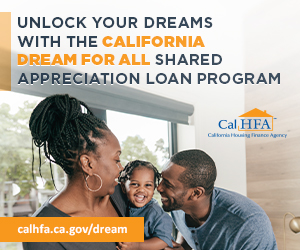Community
A Member of 1975 GSW Championship Team Recalls the Greatness of Coach Al Attles
Next year marks the 50th Anniversary of the 1975 Golden State Warriors NBA Championship. Led by coach Al Attles, this team brought the first NBA championship to the Bay Area. A graduate of North Carolina A&T, an HBCU institution, Attles became the NBA’s first full-time African American coach.

#NNPA BlackPress
Poll Shows Support for Policies That Help Families Afford Child Care
BLACKPRESSUSA NEWSWIRE — New national polling shows persistent voter concern about the affordability and availability of child care for working parents, alongside broad support across key demographic groups for federal child care policies that help families afford care.
Activism
Oakland Post: Week of February 25 – March 3, 2026
The printed Weekly Edition of the Oakland Post: Week of – February 25 – March 3, 2026
#NNPA BlackPress
Trump’s MAGA Allies are Creating Executive Order Plan to Steal the 2026 Midterms
NNPA NEWSWIRE — The document that could lead to an executive order proposes using the claim that China interfered with the 2020 elections as grounds to “declare a national emergency.” The move would be an unprecedented step that would grant Trump new authority over the voting systems in the U.S.
-

 Activism4 weeks ago
Activism4 weeks agoLife Expectancy in Marin City, a Black Community, Is 15-17 Years Less than the Rest of Marin County
-

 Activism4 weeks ago
Activism4 weeks agoOakland Post: Week of January 28, 2025 – February 3, 2026
-

 Activism3 weeks ago
Activism3 weeks agoCommunity Celebrates Turner Group Construction Company as Collins Drive Becomes Turner Group Drive
-

 Business3 weeks ago
Business3 weeks agoCalifornia Launches Study on Mileage Tax to Potentially Replace Gas Tax as Republicans Push Back
-

 Activism3 weeks ago
Activism3 weeks agoDiscrimination in City Contracts
-

 Arts and Culture3 weeks ago
Arts and Culture3 weeks agoBook Review: Books on Black History and Black Life for Kids
-

 Activism4 weeks ago
Activism4 weeks agoMedi-Cal Cares for You and Your Baby Every Step of the Way
-

 Activism3 weeks ago
Activism3 weeks agoCOMMENTARY: The Biases We Don’t See — Preventing AI-Driven Inequality in Health Care

